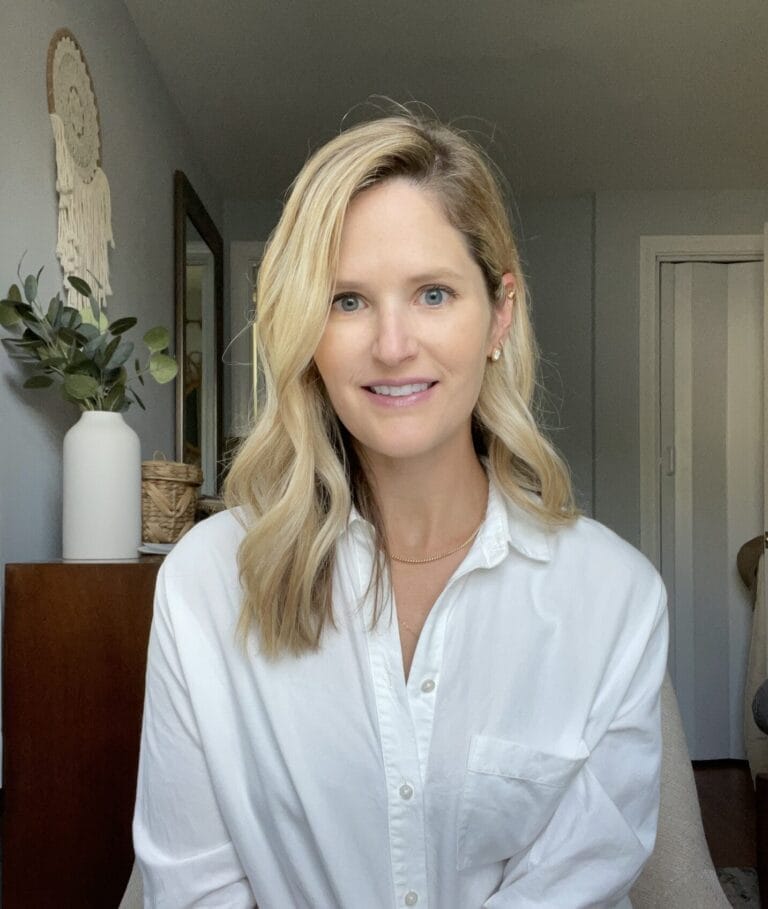
The Good
The Benefits
Most of us have a gut feeling that vacations are a good thing. But is there any hardcore evidence that vacationing has a positive effect? A broad look at the research conducted over the past ten years concurs with that gut feeling, showing that vacations generally improve well-being, reduce stress, and yield other benefits as well.
Since 2009 studies have consistently shown the benefits of vacationing. A study conducted in Finland in 2010 found that not only lengthy vacations, but even long weekends away brought the participants benefits in health status, mood, tension, energy level, fatigue, and satisfaction.
Sleeping
In a study commissioned in New Zealand, it was discovered that sleep patterns during a vacation improved as a result of allowing the natural circadian rhythms to determine the time when a person went to sleep and woke up as opposed to being artificially imposed by the daily routine. The effects of sleeping better on vacation often last for quite a while after the vacation is over.
Reaction Times
In that same study, it was found that reaction times also improved during the vacation. It is well known that stress overworks the brain. When a person is continuously overloading his/her mind and dividing a limited attention span between mandatory daily activities and worries about life, the capacity to pay attention to what is going on is reduced. Vacation is a relief from all of that.
Productivity at Work
It has long been known that a little rest and recreation go a long way towards increasing one’s productivity. A corporate study conducted by Ernst & Young was able to quantify this benefit. It was found that productivity improved 8 percent for every 10 hours of vacation time enjoyed.
But Vacation Benefits are Only Temporary
However, a study conducted by the American Psychological Association (APA) found that, while vacations are beneficial to health and well-being, those benefits are short-lived. Forty percent of those interviewed said that their gains from the vacation, such as increased energy and reduced stress, lasted for only a few days after they returned.
This phenomenon, that the benefits of the vacations are no more than temporary, has been labeled the “vacation fade-out effect.” Other research following up on the APA report concurred with those findings. While a vacation’s value could last up to a month, or as little as a day, on average, the benefits generally last for only about two or three weeks.
What About Students in Therapy?
Even though these research studies involved adults, there are significant implications to be drawn for children as well. First of all, children need a break as much as adults do, and probably even more so.
For most adults, the bulk of their time is spent on work-related activities. While they need “downtime,” that need is significantly less than that of a child. Playing is a critical part of a child’s life. A long day in school, together with therapy, can be very intense for a kid. The vacation offers a much-needed break from that intensity.
What’s more, children need time to bond with their parents and siblings. For many families, quality family time is difficult to find during the busy week, and sometimes on the weekends as well. Vacations offer critical opportunities for children to strengthen their relationships with other family members.
And vacations allow opportunities for creativity and growth. Frequently, on vacation, there are chances to learn and experience new things that children won’t be exposed to in school. Kids need this diversity for their healthy growth and development.
The Obstacles
On the other hand, vacations can cause damage. After the long summer vacations, it has been shown that many children suffer what is called “summer learning loss.” This is how academics characterize the phenomenon of children returning to school in the fall at a lower academic level than they had left with in the spring.
“Summer learning loss” is for all intents and purposes “vacation learning loss.” A vacation of any length, when the mind shuts down from learning for any significant period, can cause forgetfulness. Blank stares from children who just returned from an enjoyable vacation are quite common in classrooms and therapy sessions.
Still, if the vacation is short enough, the “vacation learning loss” impact will probably be minimal. If the duration of the vacation can be measured in such a way that the benefits of the break won’t be erased by deficits incurred, there probably isn’t much need to worry. It shouldn’t take long to re-engage the child after a short vacation.
However, there is a more subtle but perhaps equally damaging impact of even short vacations. Momentum in therapy is difficult to quantify. It is often a “felt sense” that the therapist and child share. And being that it is subtle, it is usually delicate as well. Often even a brief interruption can seriously impair that momentum, which could take some time to recover.
The Breakdown
So the question is, “Are vacations beneficial or detrimental to children in therapy?” After all the analysis, weighing the pros and cons, it is probably best to pay close attention to the smile on the face of the child when answering his/her therapist’s question, “How was your vacation?” The big smile says it all.
In other words, while we certainly need to consider all of the factors mentioned above, at the end of the day, children are also just people who need a break sometimes. Sure, there may be some forgetfulness and loss of momentum, and when put under the microscope, this may amount to “loss.” But we must see beyond the cold cost-benefit analysis and consider the whole child.
With this understanding in mind, the therapist needs to help relieve any feelings of guilt about the vacation-loss of progress, and help to cultivate a positive attitude toward the well-deserved break. At the same time, the dedicated therapist needs to brainstorm strategies to minimize the vacation’s potentially negative impact on the child’s performance when resuming therapy after the vacation.




